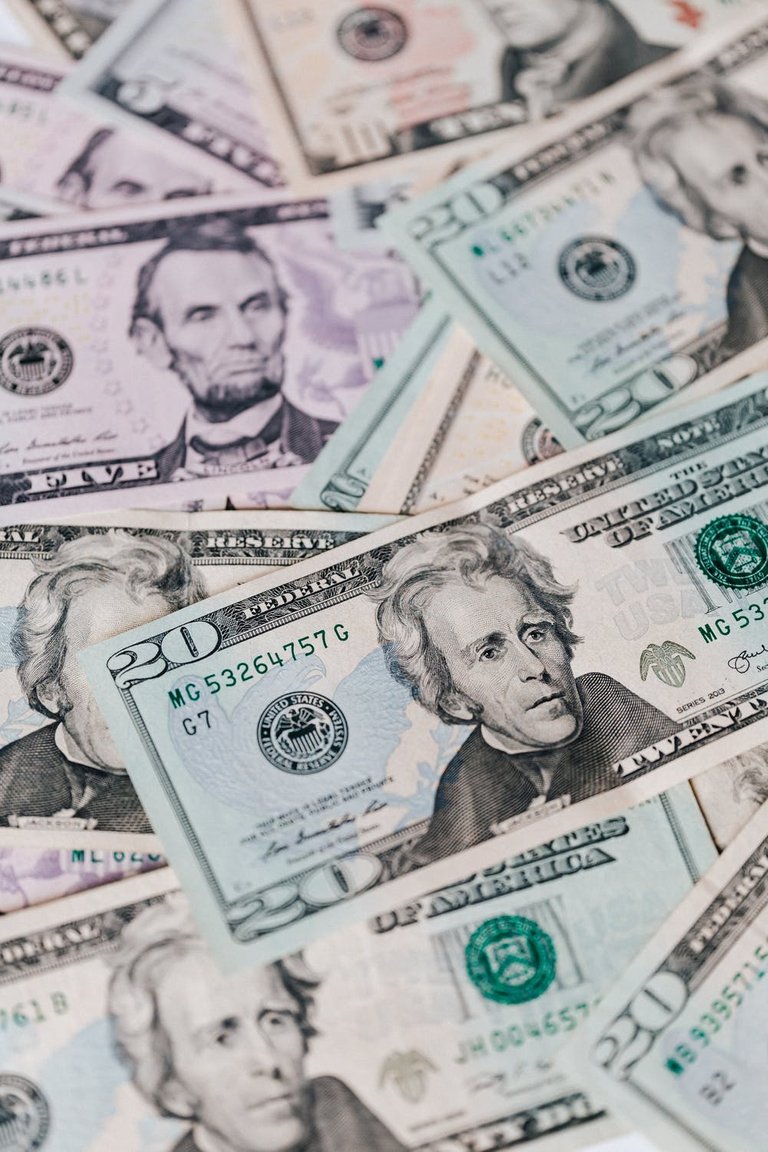Unless a business has sufficient working capital, it will find its activities restricted and its financial position harrassed. It is to avoid this unpleasant state of affairs that most public companies make an issue of shares or debentures before making additions to their capital equipment for the purpose of trade expansion.
A steadily increasing amount of working capital is usually indicative of successful trading, whereas decreasing amount may be indicative of losses, but may alternatively be due to expansion of business. The general effect of shortage of working capital are:
(a) Management plans for normal growth and development of the business are over-restricted and generally frustrated.
(b) Purchasing is dictated not by what may be the most economic to buy but by the level of liquid resources.
(c) Sales expansion is hindered. Customers demanding extended credit terms may have to be refused, and this certainly causes some loss of business and goodwill.
(d) It may not be possible to take advantage of attractive discounts.
The most important factors to be taken into consideration when computing the amount of working capital necessary in a new business are as follows:
(a) The period taken in producing manufactured goods.
(b) The cost of raw materials, wages and indirect expenses estimated as likely to be incurred during the above period.
(c) The fixed cost of business for the same period.
(d) Any payment which have to be made in advance e.g. insurance of machinery
(e) The amount of selling and distribution cost for the same period.
(f) The amount of stock in trade which must be carried.
(g) The amount of credit allowed by suppliers of the business.
(h) A reasonable balance at bank.
Over and Under Capitalisation

Over-capitalisation exists when the capital of a concern is too large relative to the volume of business carried out by that concern with the result that profits are insufficient to keep up preference dividends and to pay a reasonable return on the ordinary shares.
This condition is very often the result of assets having been purchased at inflated values. Also excessive ploughing back of profit will result in over-capitalisation, Excessive amount of loan would also lead to over-capitalisation. The interest burden on such loans may not be noticed in times of business boom but when trade falls off, it may become impossible to keep up the heavy payments and the company may pass into the hands of the receiver. The possession of more funds than the business actually needs suggest over-capitalisation.
Under capitalisation arises when there is shortage of liquid funds. The company is probably over-dependent on the credit granted by suppliers. Among other results which may be expected is that the business will lose the benefits of cash discounts which would otherwise be available.
The company's own ability to grant credit and selling power will be handicapped. It will also be unable to seize special opportunity to buy at low prices.
Source
Copying and pasting previous posts or significant parts of it could be seen as spam when:
Spam is discouraged by the community and may result in the account being Blacklisted.
Please refrain from copying and pasting previous posts going forward. If you believe this comment is in error, please contact us in #appeals in Discord.